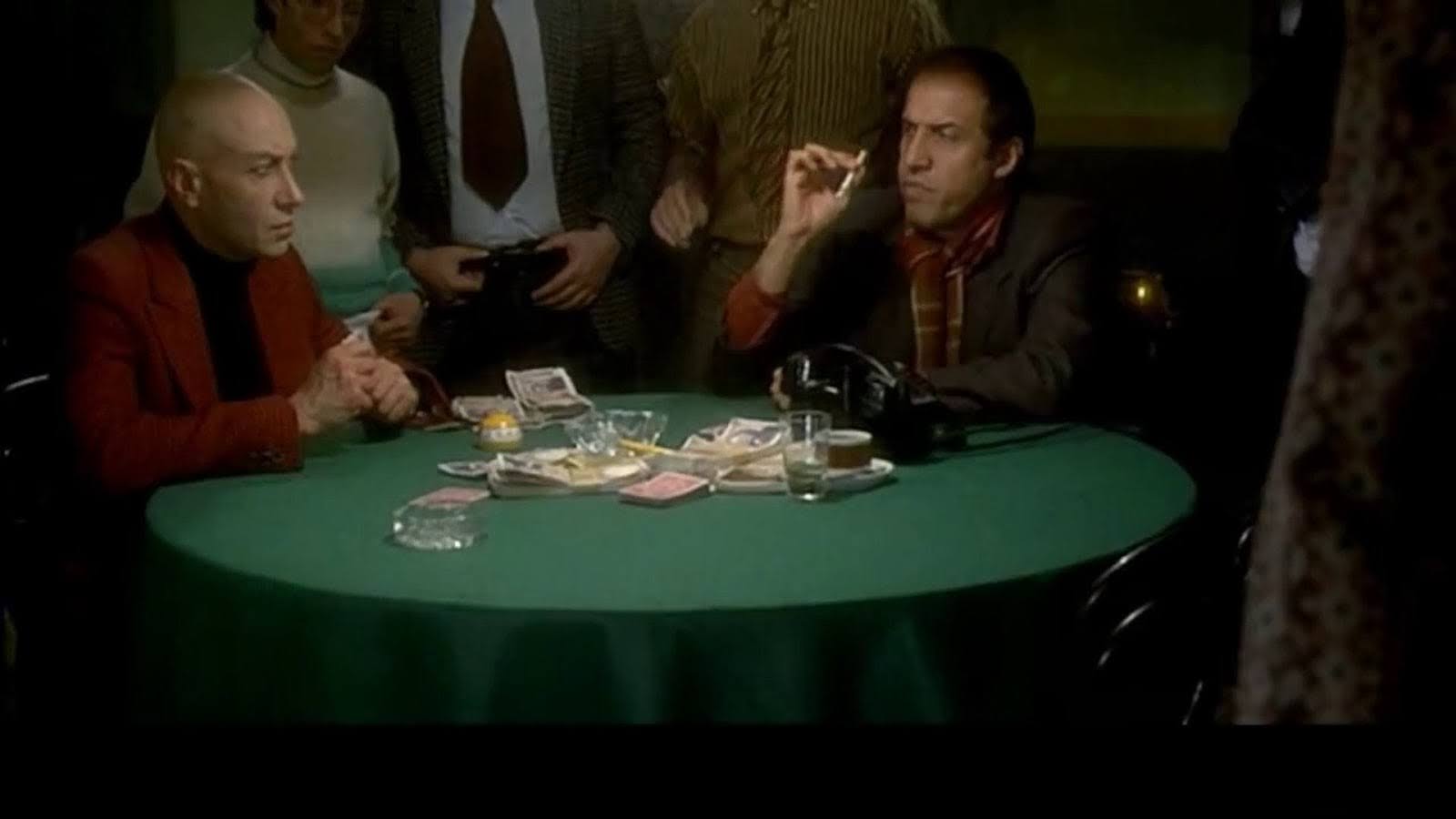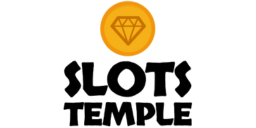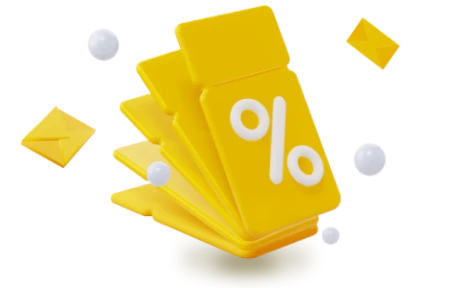How to Play Poker for Beginners: 8 Poker Strategy Tips
The rules of poker are simple. Two hole cards for each player, five communal cards—the best five-card hand wins. Unfortunately, it takes much more than just understanding basic poker rules to become a winning player. Even worse, with the calibre of players in the UK at an all-time high, it’s now more difficult than ever for new players to get started. If you want to get off to a good start, you need a plan of attack. That’s why our chief editor assigned our expert team the task of creating a series of crash course guides to get you started—and, more importantly, to get you winning quickly. Here, we’ll be looking at the basics.
Poker 101: 8 Strategies That Will Set You Apart From the Competition
While these eight strategies won’t turn you into the next Kid Poker by themselves, they will give you a leg up on the average player you can expect to find in poker rooms across the United Kingdom.
Start with ABC Poker
Poker is a simple game. So many new players overcomplicate it for themselves by thinking they have to trap with stronger hands, and then run complicated bluffs with weaker hands. When in reality, you can win a lot of money by just playing a basic poker strategy. As the legendary player and author Lou Kreiger said:
“Most of the money you’ll win at poker comes not from the brilliance of your own play, but from the ineptitude of your opponents.”
So play your strong hands strong, and play your weak hands weak, if at all.
- ABC Poker Pros
- Easy to do.
- Will be helpful at all levels of poker.
- Safe type of poker to use when you’re new to a table
- ABC Poker Cons
- Can be exploited by experienced players.
Don’t Multi-Table
One of the biggest advantages of playing poker online rather than at a casino is playing multiple tables simultaneously. But don’t fall into this trap. While multi-tabling can be great once you know what you’re doing, as a beginner it’s more important to focus on your own decision-making and the decision-making of other players.
So don’t cram your screen with as many tables as possible. Instead, stick to one or two tables until 95% of your decisions become second nature.
- Multi-Tabling Pros
- See more hands.
- Possibly make more money.
- Multi-Tabling Cons
- Can overwhelm new players.
- Hard to learn when playing multiple tables at once.
- Can multiply losses if you don’t know what you’re doing.
- Less time to react to decisions.
Be More Agressive
The best poker players at a table are almost always the aggressive ones. Whenever you have an option to call, consider raising instead. If you think an opposing player is chasing a draw—bet big. If you’re bluffing, be brave and bet as high as you normally would.
Ace bluffing the Marsilian scene, Ace, Castellano & Pipolo, 1981
While there are going to be some cases where it can really pay to take a step back, for the most part you want to be the aggressive player at the table.
- Playing Agressively Pros
- Can scare off weaker players.
- Regularly denies players correct calling odds.
- Win more often.
- Can punish players when you have a big hand
- Playing Agressively Cons
- Can be nerve-racking.
- Will occasionally lead to big losses.
Steal More
Going on from the previous point, one of the best ways to show your aggression is by stealing more pots preflop. If you don’t know what stealing is, it’s when you go for a big raise preflop against multiple callers. It might seem a little difficult if you’re new. However, as the video below shows—it’s not too difficult to pull off.
- Stealing Preflop Pros
- Can win a decent pot preflop.
- Continuation bets on the flop will yield a high fold rate.
- Great for middle-of-the-road hands—giving you two chances to win.
- Stealing Preflop Cons
- Can be exploited if you do it too often.
Stick with One Format
One of the real joys of playing online poker is that you’ve got so many different types and formats available 24/7. However, when you’re starting off, it’s better to stick with one. No Limit Texas Holdem is undoubtedly the most popular type of poker, and most new players will gravitate towards it—still, from there, you have a lot of different formats:
- Cash Games
- MTTs (Multi Table Tournaments)
- SnG (Sit’n’Gos)
- JSnG (Jackpot Sit’n’Gos)
- Playing One Format Pros
- You only learn one set of poker strategies.
- Gives you time to get familiar with your chosen format.
- Easy to do.
- You’ll become a specialist rather than a jack of all trades.
- Playing One Format Cons
- Can get a little repetitive.
- While it is better to learn one type of poker at a time, you’ll have to learn them all eventually.
Play Low Stakes Rather Than Free
Outside of learning poker rules, you should stay clear of free online poker games. This is because when you play this type of poker, players know that their chips have no real value, and as such will play in a very different way. Instead, once you’ve learnt the basics, you should switch to low-stakes.
It might seem like you’re not ready, but don’t worry. All of the top sites open to players from Great Britain will typically have tables starting for as low as £2.
- Low Stakes Poker Pros
- Real money poker is the only way to learn to play poker at a high level.
- Perfect place to master strategies without playing under too much pressure.
- Great starting point.
- Low Stakes Poker Cons
- Will probably cost you more money.
Learn the Maths
While luck and poker are invariably linked, there exists an element of skill that separates it from any other game that you’ll find in a casino. Part of that skill relies on the ability to read your opponent. However, a much more important element of poker strategy lies in maths.
James Altucher said it best:
“Poker is a skill game pretending to be a chance game.”
If you have two hearts and there are two hearts on the board, then the equation for working out your chances of hitting a flush is roughly 20*N where N equals the number of cards yet to come up. That’s a pretty basic calculation. But there are some complicated ones out there, and to improve your poker abilities, you’ll need to learn them all.
- Learning Poker Maths Pros
- Crucial to becoming a winning poker player.
- Will quickly become your second nature.
- Can be used to exploit players who haven’t studied it.
- Essential for the advanced GTO strategy.
- Learning Poker Maths Cons
- Can be difficult to learn it all.
- You need to be able to use it under pressure.
Know When to Give a Hand Up
Whether you’re up against a player who is impervious to bluffs, or you’ve got a hand that you just know your opponent has beat—at some point, you’re going to have to throw your hand into the muck. It sucks. Especially when you’ve got a lot of money tied up in the pot. Yet, one of the most important skills that you can learn is the ability to cut your losses and let go.
It’s an essential part of poker. So when it does happen, don’t blame yourself for losing money—instead, congratulate yourself for holding onto as many chips as you possibly could. In time, a good fold will feel as good as a big win.
Folding in poker. Photo by Alexander Jawfox
- Folding Pros
- Keeps losses to a minimum.
- Big folds are the mark of a top player.
- You can use the information you gathered in that hand to win future ones.
- Folding Cons
- Denies yourself the chance to win a pot.
References
- “Bluff Squeezing Preflop: Poker Quick Plays.” YouTube, uploaded by The Poker Bank, November 27, 2013, www.youtube.com/watch?v=LU21vpLwApo. Accessed on April 6, 2024.
- “Comicità all’Italiana: Asso—Partita a Poker contro il Marsigliese—Il più grande bluff.” [Screenshot] YouTube, uploaded by Andrea Serra, February 7, 2019, https://www.youtube.com/watch?v=gdqyKWJvv_I. Accessed on April 6, 2024.
- Jawfox, Alexander. Picture. Upslash, July 19, 2020, https://unsplash.com/it/foto/uomo-in-giacca-grigia-che-tiene-jack-di-quadri-carta-da-gioco-Q_-FilZ5rPM. Accessed on April 6, 2024.
- “Poker Strategy: How To Play”, WSOP.com, www.wsop.com/poker-strategy/. Accessed on 6 April 6, 2024.
- “Where Did Poker Originate?”, History.Com, A&E Television Networks, August 23, 2018, www.history.com/news/where-did-poker-originate. Accessed on April 6, 2024.














